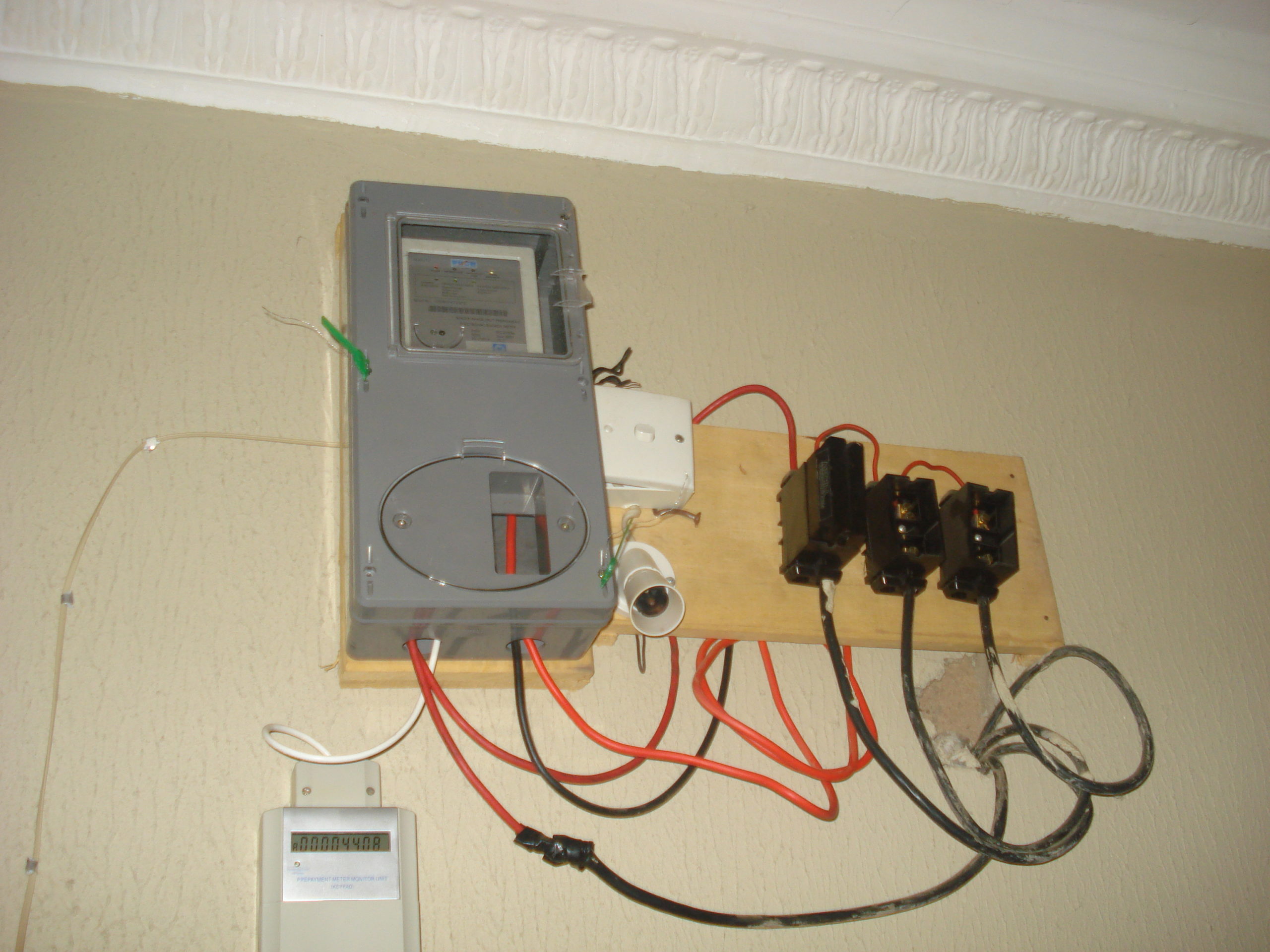- Power: Abuja Disco Adds 60,000 Meters worth N2.4bn
The Abuja Electricity Distribution Company (AEDC) on Friday moved closer to ending its practice of estimated billing to electricity consumers in its network when it signed an agreement with indigenous Nigerian meter manufacturing outfit – Mojec Nigeria, to procure and install 60,000 units of electricity meters at the premises of its residential consumers.
The agreement which was signed by the Managing Director of Abuja Disco, Mr. Ernest Mupwaya, and Chairman of Mojec, Mrs. Mojisola Abdul, at the Disco’s corporate headquarter in Abuja, was worth N2.4 billion, and would reportedly bring the Disco closer to accomplishing its plan to provide 120,000 meters to its customers in its 2017 business year.
Already, the Disco had earlier in the year deployed 30,000 meters to residential consumers in its network, in addition to the volumes it deployed to its maximum demand consumers as initially directed by the Nigerian Electricity Regulatory Commission (NERC).
It also disclosed that it would sign another fresh agreement for the manufacture and supply of an additional 30,000 meters with an undisclosed metering firm next week, to bring its meter deployment target for 2017 to fulfillment.
Speaking at the signing ceremony, Mupwaya, explained that so far, the Discos had invested $2 million and N3.6 billion on meter procurement and installation across its network. He also noted that a total of $150 million had however been spent on metering and other infrastructure by the Disco.
Mupwaya, equally stated that with the Disco’s advancement of its metering plan, it was looking forward to closing down on repeated revenue losses to estimated customers and energy theft.
He explained that the Disco was more comfortable with providing meters to its customers as against reports that it was more at an advantage keeping with estimated billing. He however said that funding the meter deployment was still demanding.
According to him, most Discos in the country’s power market were going through various operational challenges which he said included tariffs that were not cost reflective; systemic thefts of energy by consumers; and vandalism of distribution assets across their networks.
“This is an important milestone for us. This is part of our agreement with the government, and we know metering is at the heart of the power sector transformation,” said Mupwaya.
He further stated: “We had earlier signed a contract for the procurement and deployment of 30,000 residential meters, we are signing another one for 60,000 and will by next week sign another for 30,000 to bring it to 120,000 which we committed to do in 2017.
“For this particular programme, it is costing us N2.4 billion, but we are doing it despite the challenges because we believe that if we reduce losses in the long-term, we could reduce tariff. That is why we are serious about our metering programme.”
He also noted that: “In areas without meters, we have very high losses, unlike areas with meter. So, it is actually in our interest to meter our customers.”
Similarly in her remarks, Abdul noted that the Disco had remained one of its frontline customers, adding that its support for local meter manufacturing outfits like hers had remained encouraging.
She however called for government’s support of the metering industry and the Discos, pointing out that so far, charges by the Nigerian Electricity Management Services Agency (NEMSA) for testing of meters at its testing stations were affecting the Disco’s metering plans.
Abdul, stated that her firm had the capacity to produce up to 1.1 million meters for the Discos in the country but the financial challenges of the Discos had not made it possible for it to attain optimal production at its plant.


 Billionaire Watch3 weeks ago
Billionaire Watch3 weeks ago
 Startups4 weeks ago
Startups4 weeks ago
 News4 weeks ago
News4 weeks ago
 News4 weeks ago
News4 weeks ago
 Bitcoin4 weeks ago
Bitcoin4 weeks ago
 Naira4 weeks ago
Naira4 weeks ago
 Forex3 weeks ago
Forex3 weeks ago
 Treasury Bills4 weeks ago
Treasury Bills4 weeks ago
























